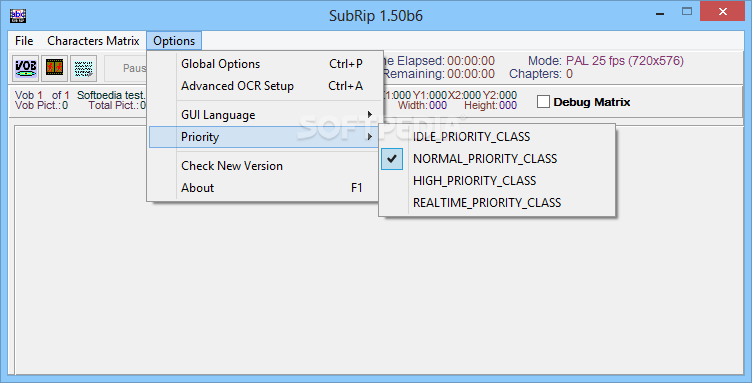

#Apex data loader user guide code
If data can be easily extracted from the legacy system via APIs, especially leveraging bulk APIs, it is feasible to use code for the migration.Īlternatively, if it is decided that a tool should be purchased in order to do the migration, an evaluation phase typically follows the discovery phase.
#Apex data loader user guide how to
The next logical step is to determine how to actually get everything from the old system to the new one. However, if the data is ambiguous or additional discovery is required for the data itself, it may be worth looking into tools which can do this as part of the migration. “Well-defined” refers to the object mappings themselves, the volume of data, and how often the data is updated. If there is a well-defined dataset to be migrated which maps well into Salesforce’s data objects, the migration is well-suited to a code-based migration. After discovery, everyone has a better idea of they’re really working with.

Migrations typically start with a discovery phase where data to be moved into the new system is identified, order of migration steps is established and timelines become clearer. This decision ultimately comes down to time and money. While there are a number of ready-to-use tools which can aid in moving data into Salesforce, these are not always the best choice for your data migration. Fortunately, there is an alternative: it is quite feasible to do a code-based migration into Salesforce. All of that growth in market share is indicative of migrations, and migrations point to (you guessed it) DATA! Migrating to Salesforce: Build or Buy?įor a one-time migration, you may grimace at the price tag associated with purchasing a product for the job. Data engineers don’t often get the chance to work with Salesforce, although I anticipate that will change in the near future. Until recently, I had only heard of this CRM powerhouse, but I hadn’t properly worked with it.

Courtesy of: īasically, if you haven’t yet heard of Salesforce, it is likely that you soon will.


 0 kommentar(er)
0 kommentar(er)
